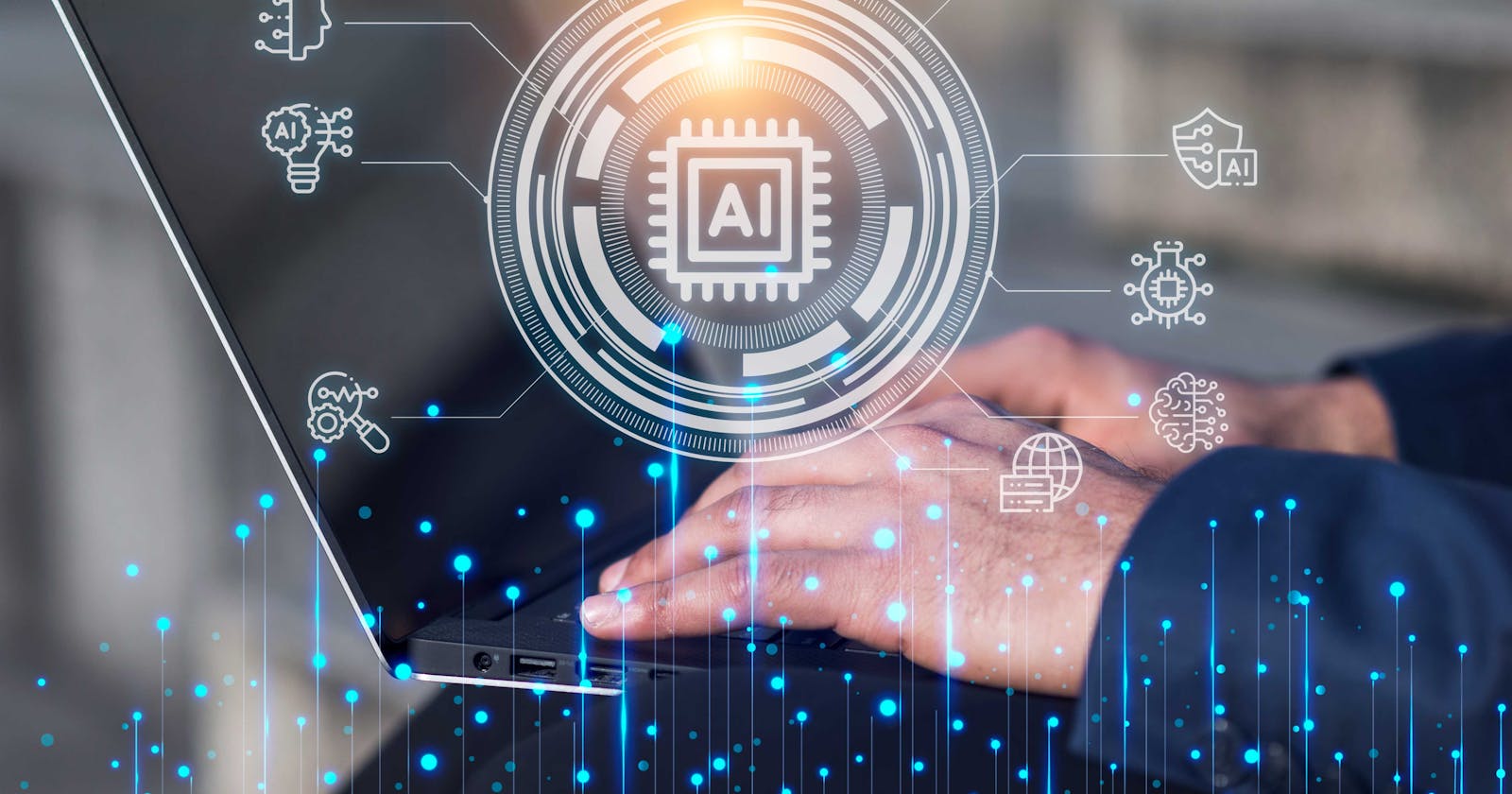As the digital landscape continues to evolve, the integration of Artificial Intelligence (AI) into DevOps workflows emerges as a transformative force. The pressing question that organizations grapple with is: how can a DevOps team take advantage of artificial intelligence (AI) to optimize software development and deployment processes? Let's delve into the symbiotic relationship between AI and DevOps and explore strategies for harnessing their combined power.
1. Understanding the AI-DevOps Synergy
The confluence of AI and DevOps represents a paradigm shift in software engineering. AI's capabilities in predictive analytics, intelligent automation, and data-driven insights complement DevOps principles, offering new avenues for innovation, efficiency, and collaboration.
2. Identifying AI Integration Opportunities
To capitalize on AI's potential, DevOps teams must identify areas within their workflows ripe for AI-driven enhancements:
Automated Testing: AI-powered testing frameworks can elevate test coverage and accelerate release cycles, ensuring robust software delivery.
Predictive Analytics: AI's predictive capabilities can enable teams to anticipate bottlenecks, optimize resource allocation, and enhance workflow efficiency.
3. Choosing AI Solutions Aligned with DevOps Objectives
Selecting the right AI solutions is pivotal. DevOps teams should prioritize AI tools that resonate with their goals, technical infrastructure, and organizational culture, laying the foundation for successful integration and collaboration.
4. Architecting AI-Enabled DevOps Pipelines
Strategic integration is key:
Data Integration: Seamlessly integrate AI models with existing data repositories, fostering data consistency and accuracy.
Workflow Orchestration: Design collaborative workflows that facilitate synergy between AI components, DevOps tools, and human operators.
5. Implementing AI-Enhanced Monitoring and Governance
AI integration introduces new monitoring and governance challenges:
Performance Monitoring: Deploy AI-driven monitoring tools to track model performance, detect anomalies, and facilitate timely interventions.
Ethical Governance: Establish governance frameworks to address ethical considerations, such as data privacy, bias mitigation, and transparency.
6. Empowering DevOps Teams with AI-Driven Insights
AI integration empowers DevOps teams with actionable insights:
Intelligent Analytics: Leverage AI-driven analytics to derive insights from complex datasets, enabling informed decision-making and continuous improvement.
Predictive Insights: Harness AI's predictive capabilities to anticipate issues, enabling proactive interventions and risk mitigation.
7. Fostering a Culture of Collaboration and Innovation
Collaboration is crucial:
Interdisciplinary Collaboration: Foster collaboration between AI experts, data scientists, DevOps engineers, and other stakeholders, ensuring holistic integration and alignment with business goals.
Innovation Mindset: Cultivate an innovation-driven culture that encourages experimentation, knowledge sharing, and continuous learning.
8. Measuring Impact and Driving Continuous Improvement
To gauge the success of AI integration, DevOps teams should establish metrics, KPIs, and feedback mechanisms:
Performance Metrics: Track improvements in deployment frequency, system reliability, and resource efficiency attributed to AI integration.
Feedback Loops: Establish mechanisms to gather stakeholder feedback, identify areas for improvement, and iterate continuously to enhance AI-driven DevOps capabilities.
9. Staying Abreast of AI and DevOps Trends
Adaptability is key:
Stay Informed: Invest in staying updated about the latest AI algorithms, DevOps methodologies, and industry trends to maintain a competitive edge.
Adaptability: Ensure AI integration strategies remain adaptable to changing business requirements, technological landscapes, and market dynamics.
10. Embracing the Future of AI-Driven DevOps
In conclusion, the integration of Artificial Intelligence into DevOps workflows represents a paradigm shift, offering unprecedented opportunities for innovation and efficiency. By adopting a strategic approach, fostering collaboration, and embracing a culture of continuous improvement, DevOps teams can unlock the full potential of AI, paving the way for a future where AI-driven DevOps practices redefine the boundaries of what's possible in software development and deployment.
